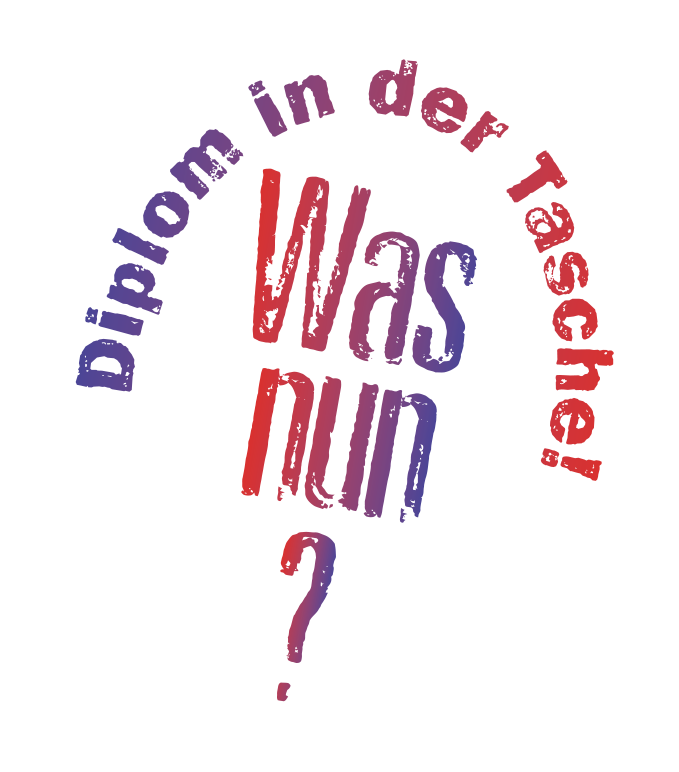As they set out to launch their careers, young musicians and composers face all sorts of questions: What form of enterprise does what I do represent? What’s my employment status? How high will my taxes be? At what point does social insurance become mandatory—and how do things look in general as far as healthcare and pension benefits go? There are differences between freelance work, an orchestral post, and establishing one’s own professional ensembles—and the dense jungle of laws and regulations can occasionally seem impenetrable.
“New Freelancers”, Social Insurance, Taxes
 In Austria, freelance musicians and composers fall into the category of Neue Selbstständige, or “new freelancers”. This means that they’re fully obligated to insure themselves with the Sozialversicherungsanstalt der gewerblichen Wirtschaft (SVA – Austria’s social insurance scheme for the self-employed) in keeping with the Commercial Social Insurance Act for Commerce and Trade (GSVG). The payments one makes cover accident, health, and pension insurance as well as the so-called Selbstständigenvorsorge [which is meant to provide a self-invested retirement bonus or supplement to one’s normal pension]. Contributions are income-dependent and become mandatory once one’s income after expenses exceeds € 5,256.60 (as of 2018) within a calendar year. Musicians and composers who earn enough for insurance to be mandatory can apply for financial support of their payments from the Künstler-Sozialversicherungsfonds (KSVF – Artists’ Social Insurance Fund). Income tax obligations only kick in at the € 11,000 level. But individuals in an employment relationship, regardless of the occupation, must submit a tax declaration if their net annual mdwclubincome exceeds € 720. Above an annual turnover of € 30,000, one also becomes obligated to collect and pass on value added tax (VAT), for which purpose one is assigned a VAT identification number (known as the UID), which has to be included on all invoices. Invoices have to be issued for all services for which one receives payment.
In Austria, freelance musicians and composers fall into the category of Neue Selbstständige, or “new freelancers”. This means that they’re fully obligated to insure themselves with the Sozialversicherungsanstalt der gewerblichen Wirtschaft (SVA – Austria’s social insurance scheme for the self-employed) in keeping with the Commercial Social Insurance Act for Commerce and Trade (GSVG). The payments one makes cover accident, health, and pension insurance as well as the so-called Selbstständigenvorsorge [which is meant to provide a self-invested retirement bonus or supplement to one’s normal pension]. Contributions are income-dependent and become mandatory once one’s income after expenses exceeds € 5,256.60 (as of 2018) within a calendar year. Musicians and composers who earn enough for insurance to be mandatory can apply for financial support of their payments from the Künstler-Sozialversicherungsfonds (KSVF – Artists’ Social Insurance Fund). Income tax obligations only kick in at the € 11,000 level. But individuals in an employment relationship, regardless of the occupation, must submit a tax declaration if their net annual mdwclubincome exceeds € 720. Above an annual turnover of € 30,000, one also becomes obligated to collect and pass on value added tax (VAT), for which purpose one is assigned a VAT identification number (known as the UID), which has to be included on all invoices. Invoices have to be issued for all services for which one receives payment.
Artistic work doesn’t require a business license, however, and since music is considered one of the fine arts, it also isn’t subject to the Austrian Commercial Code (in contrast to “commercial art” or “arts and crafts”).
Concerts Abroad and Withholding Taxes on Foreign Individuals
When playing a concert abroad, income tax is typically paid for you by the concert organiser based there. However, this income must still be listed on your tax statement. And if a musician with a foreign tax domicile plays a concert in Austria, the party paying the honorarium must pay a withholding tax (commonly referred to as the Ausländersteuer) to the Austrian tax authority.
More information on this can be found on the website of the Federal Ministry of Finance (bmf.gv.at), but specific tax questions should be addressed to a professional tax advisor.
Founding an Ensemble and Founding a Non-Profit Association
When an ensemble is founded, all of its members fall into the abovementioned “new freelancer” category, but the general conditions under which members work should be documented in a written agreement. The simplest way forward here is to found a “Gesellschaft bürgerlichen Rechts” (GesbR – “civil law partnership”). The GesbR is a legal form in which two or more natural persons or organisations take part by contributing labour or wealth for their common benefit. The actual legal entity consists solely of the members themselves.
An ensemble intending to put on events or apply for subsidies in its own name can found a gemeinnütziger Verein (a “friendly society” or “public charity”). Such an entity offers a good organisational and legal framework for cultural work. Income and expenses can be processed more easily via such an association, and one can also communicate with public authorities in its name.
This series of articles, an initiative of the U30 Network of the Austrian Music Council (ÖMR) in cooperation with mica and the mdw, aims to provide help to young artists as they launch their careers. You can find the entire series at: mdw.ac.at/mdwclub
Related Links (in German):

